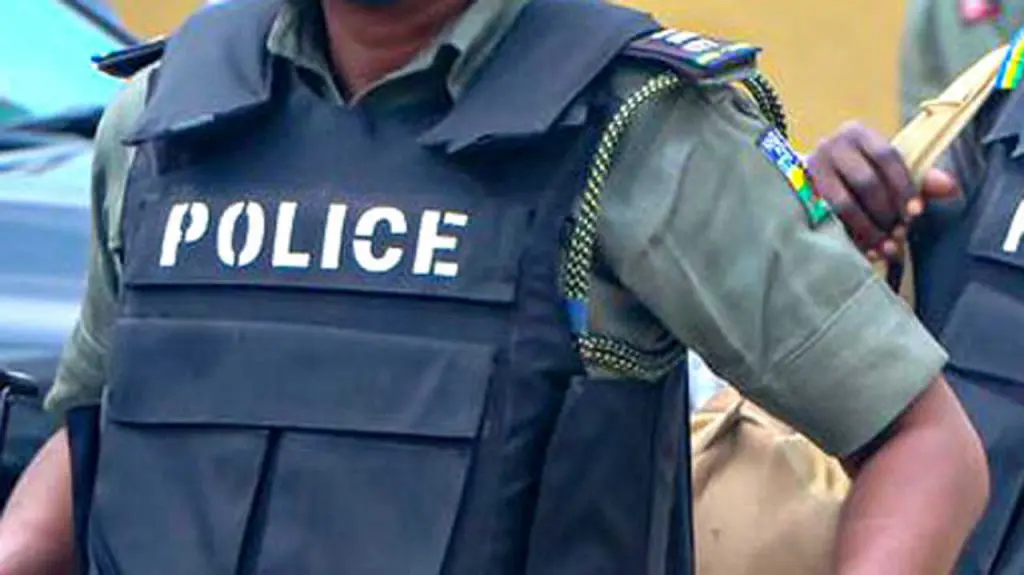Passengers in Abuja have lamented the increasing hardship, suffering and humiliation they face in the hands of commercial taxi drivers in the Federal Capital Territory, FCT.
Some of the residents, who could no longer hold their anger, go as far as believing there is no functional administration in the FCT.
The suffering of commuters in the FCT has increased dramatically since a few months ago following the fuel scarcity that hit some parts of the country.
Some of them are of the opinion that things have never been this worse in the history of the country.
Apart from the persistent collapse of the national grid which has led to perennial total blackout, the most painful is the fuel scarcity, which has led to unprecedented hikes in prices of cooking gas, diesel, Jet Ai fuel, and others.
And commercial drivers in the FCT have now seen it as an opportunity to exploit passengers.
Apart from increasing the transport fare by more than hundred percent, they have also increased the number of passengers.
findings show that taxi drivers in Abuja now squeeze four passengers into their back seats and force another two to sit in a tiny space in the front seat. And this happens in almost all the motor parks in the FCT without any government official doing something about it.
But experts have warned of the danger inherent in overloading vehicles, with most of them blaming both the FCTA, the Federal Road Safety Commission, FRSC, and the Vehicle Inspection Officers, VIO.
According to FRSC’s website, there are 22 duties of the FRSC. And these functions include and not restricted to:
“Making the highway safe for motorists and other road users, recommending works and devices designed to eliminate or minimize accidents on the highways, advising the Federal and State Governments including the Federal Capital Territory Administration and relevant governmental agencies on the localities where such works and devices are required.”
They are also responsible for “educating motorists and members of the public on the importance of discipline on the highway, preventing or minimizing accidents on the highway.
“Educating drivers, motorists and other members of the public generally on the proper use of the highways and cooperating with bodies or agencies or groups in road safety activities or in prevention of accidents on the highways.
“Regulating the use of mobile phones by motorists and regulating the use of seat belts and other safety devices, among many others.”
For the VIO, and most importantly too, they are supposed to maintain sanity on Nigerian roads and highways, among other functions.
A road transport expert in the Ministry of Transportation, who pleaded anonymity, told DAILY POST that, “Actually we have seen many terrible outcomes from overloading vehicles. First of all, it increases the number of casualties during accidents.”
According to him, no matter from which angle you look at it, overloading a car is a crime, irrespective of the distance and the road the person is driving on.
“And we expect the agencies in charge of road movements in Abuja to stop this practice,” he said.
He further explained that, “when a car is overloaded, the braking system and its acceleration are affected adversely”, adding that “every single gram of extra weight bothers the suspension and tyres of the car.”
The expert explained further that “this situation could lead to a major catastrophe, such as air in the tyres to blowout off the bat,” adding that “the car becomes more difficult to steer when it has more weight.”
“I’m pleading with the FRSC, the VIO and other relevant agencies in the FCT to bring back sanity on our roads.
“We know things are hard but we shouldn’t risk our lives and those of others just to make more money. Motorists in Abuja should be advised and educated by the relevant agencies to do what is right,” he pleaded.
Also speaking on the matter, Mallam Abdulla, a senior road transport worker in Abuja, accused the various agencies of not doing enough to make Abuja stand as an example to the rest of the States.
According to him,
“It is a dereliction of duty. People are not doing what they are paid every month with taxpayer’s money to do. Beginning from the FCT minister. He is like the governor of Abuja and everything falls on his table. What is he doing or what has his office done to minimize the sufferings of Nigerians living under his administration.
“Before we talk about the FRCS, the VIO and other regulatory agencies, let’s talk about the dead administration in the FCT. They’re not working. I work in a park, ask me, how many times do they visit the major parks such as this? They only send their boys to come and trouble people and collect revenues, that’s all.
“They don’t care how many passengers you’re carrying in a small vehicle. To some of my colleagues, this is a welcome development. But for me, I know something is wrong. For the FRSC and VIO officials, my brother, you know this government is very harsh on people, so, I believe everyone is busy looking for survival instead of doing their work.”
Some commercial drivers also spoke to our correspondent, blaming the situation on the government.
Adedamola Adedeji, who plies the Kubwa-Airport Junction Highway, said, “Well, passengers are always thinking that we the drivers are wicked.
“They forget that as I’m charging you, so is someone else charging my family members and relations. It’s a general thing. Some days ago, fuel was scarce everywhere and we suffered so much. You don’t expect me to buy black market of N5000 or more and carry passengers for N100. The government is not helping anybody.
“How much do they sell a litre of fuel now and how much was it three years ago? See my brother, the problem is not fuel alone. What of the motor parts and engine oil? The engine oil we used to buy for N3500 is now N8000. A motor part we bought for N1000 a few months back, go now they’ll tell you N5000. Passengers should channel the blame to the government and not the drivers.
“To service the car now, I must be prepared to spend N10000 instead of N4000 I usually spent. Nigerians should blame whatever has made the prices of goods and services skyrocket. Not the commercial drivers.”
A passenger, who gave his name as Emeka Ihiema, spoke to our reporter at Berger roundabout. According to him, there should be no excuse for overloading vehicles.
“The FCTA administration has failed. Not only in the regulation of transportation. How many street lights are working in the FCT? I can boldly say that the minister has performed woefully. It seems to me that he is just waiting for this administration to end so that he dusts himself and walks away. Commercial vehicle owners in Abuja humiliate passengers.
“They put two passengers in the front seat and 4 at the back and yet no one has stopped any driver on the way and charged them for overloading. They did not only increase the passengers they carry, they also hiked the fare.
“Some places that passengers used to pay N100, they now collect N250. Like from here [Berger Under Bridge] to Lugbe is now N200 and from Lugbe to Wuse, they’ll charge you N250 to N300. Nobody is regulating anything. Imagine the government leaving its citizens at the mercy of fellow citizens? My brother, that’s the situation on ground.”
Another passenger, Jessica Oluwaseyi, said, “Both the VIO, FRSC and the FCT ministry have not been doing their jobs. At some point, I thought there was no minister in the FCT. Nothing is actually working here.
“I think the Minister was more active during the COVID-19 period. What the VIO does in Abuja is to stop vehicles and collect money from drivers. When they sight overloaded vehicles, they look the other way. This is the same with the FRSC.
“Almost all the motor parks in Abuja now encourage overloading and overcharging of passengers and we have a government that only cares about those in the corridors of power.”












































